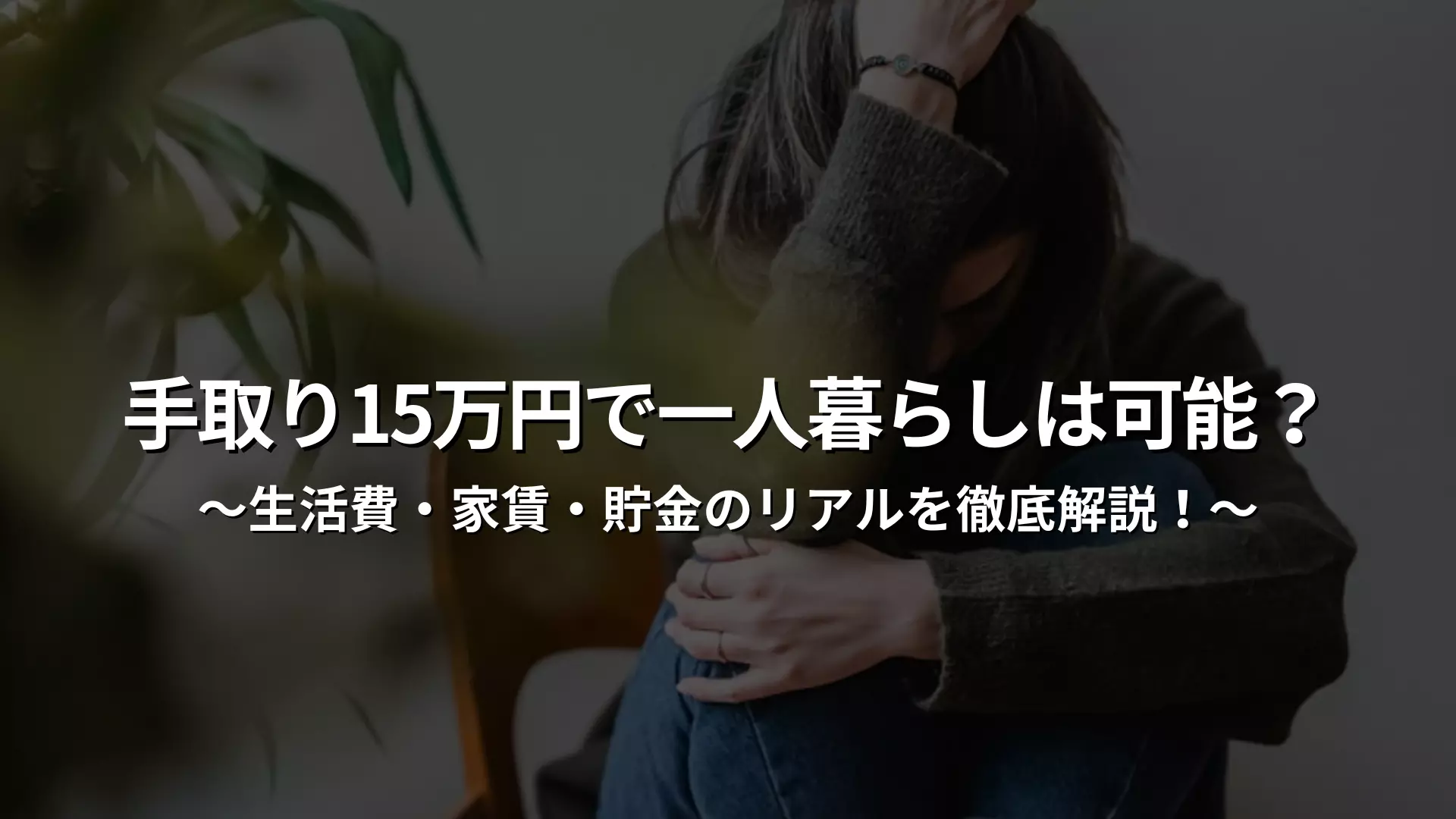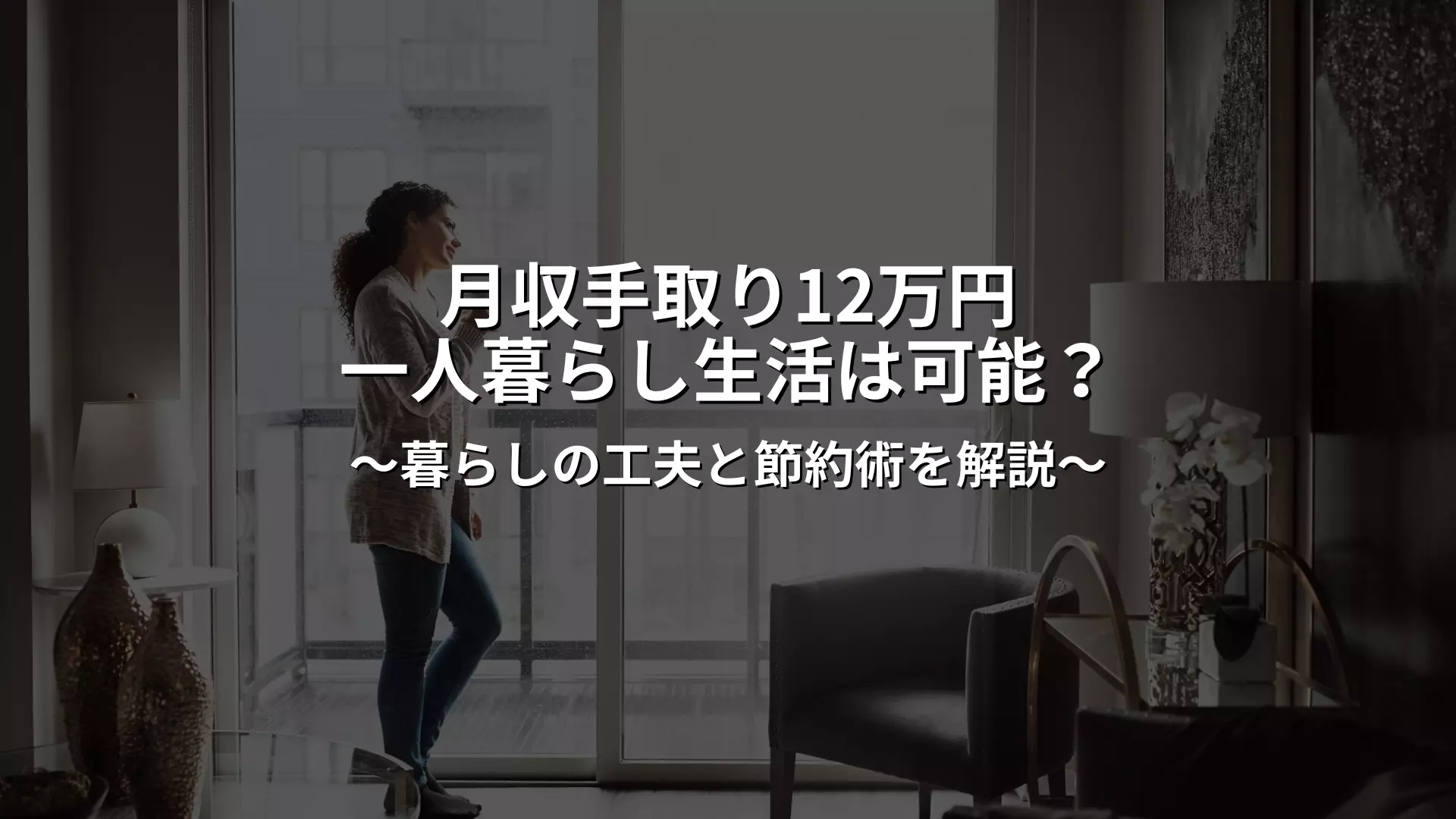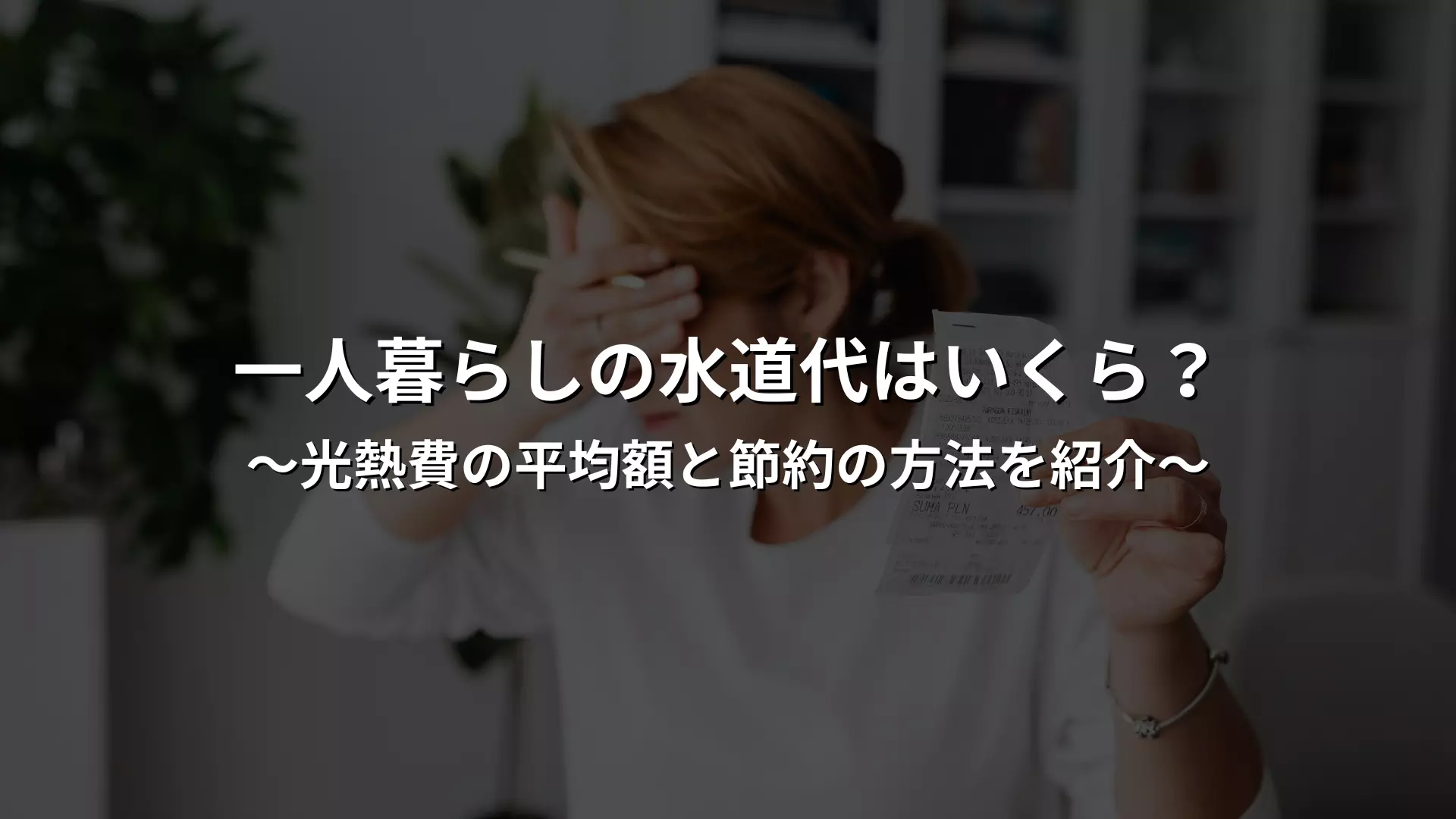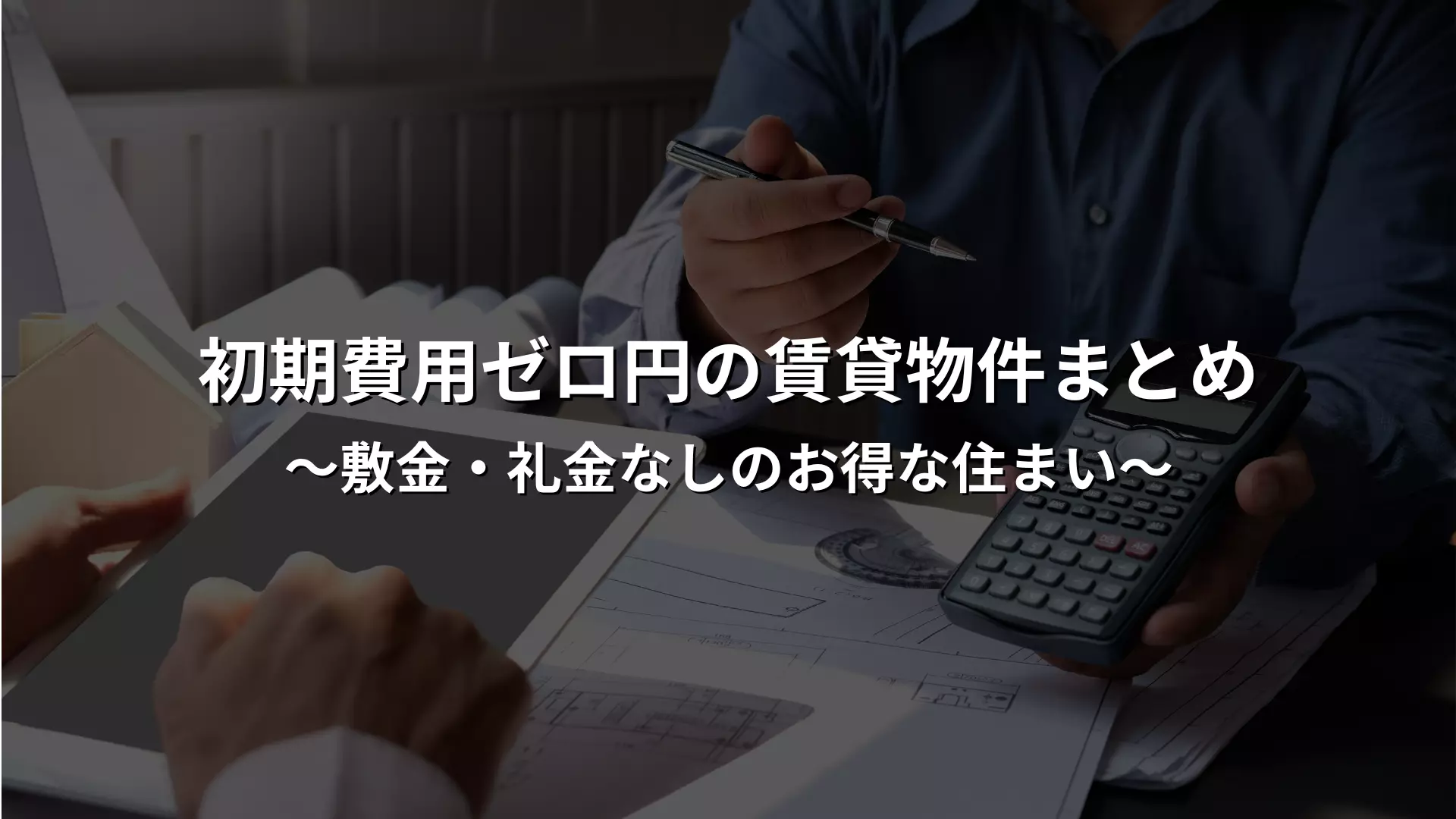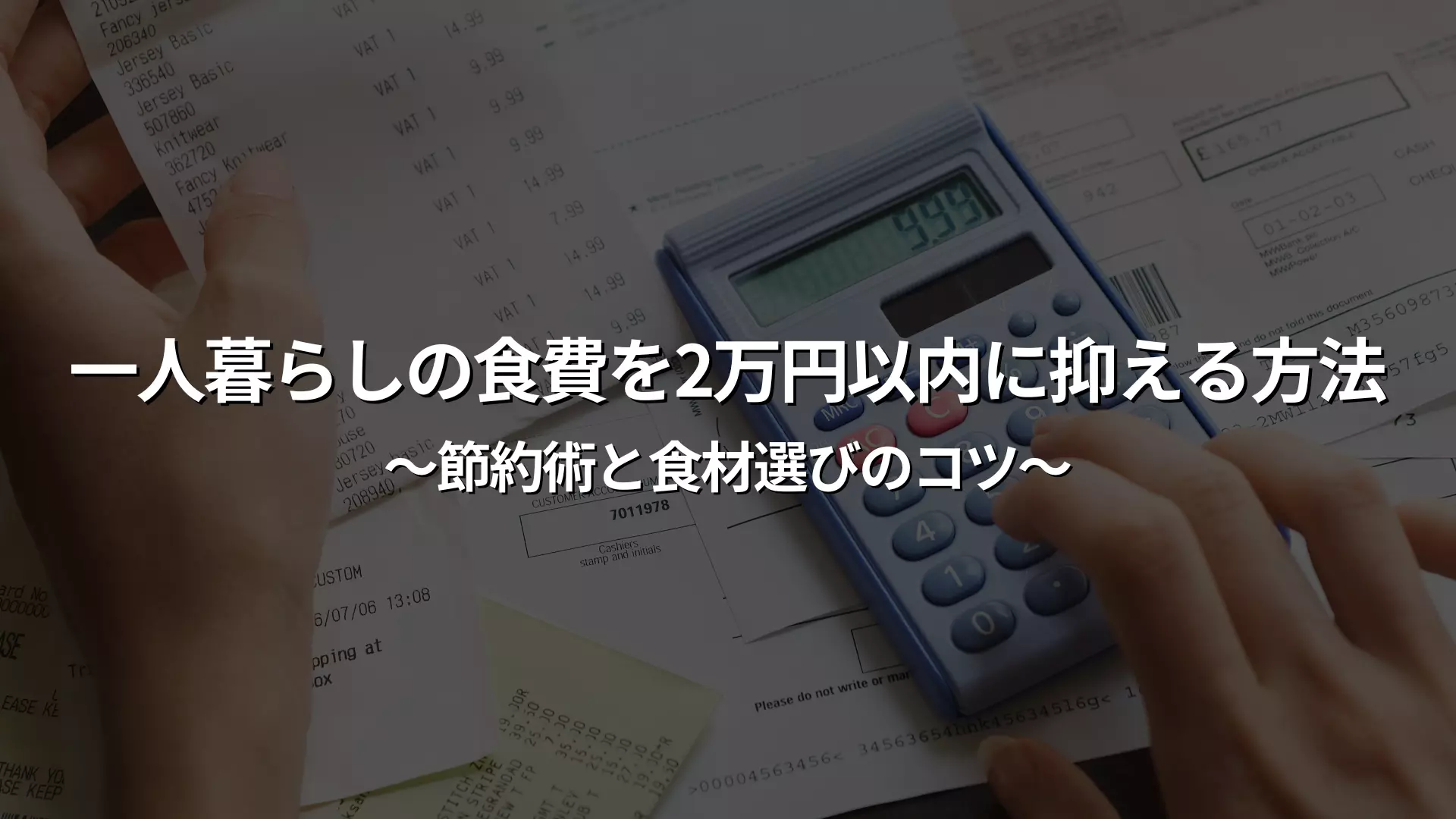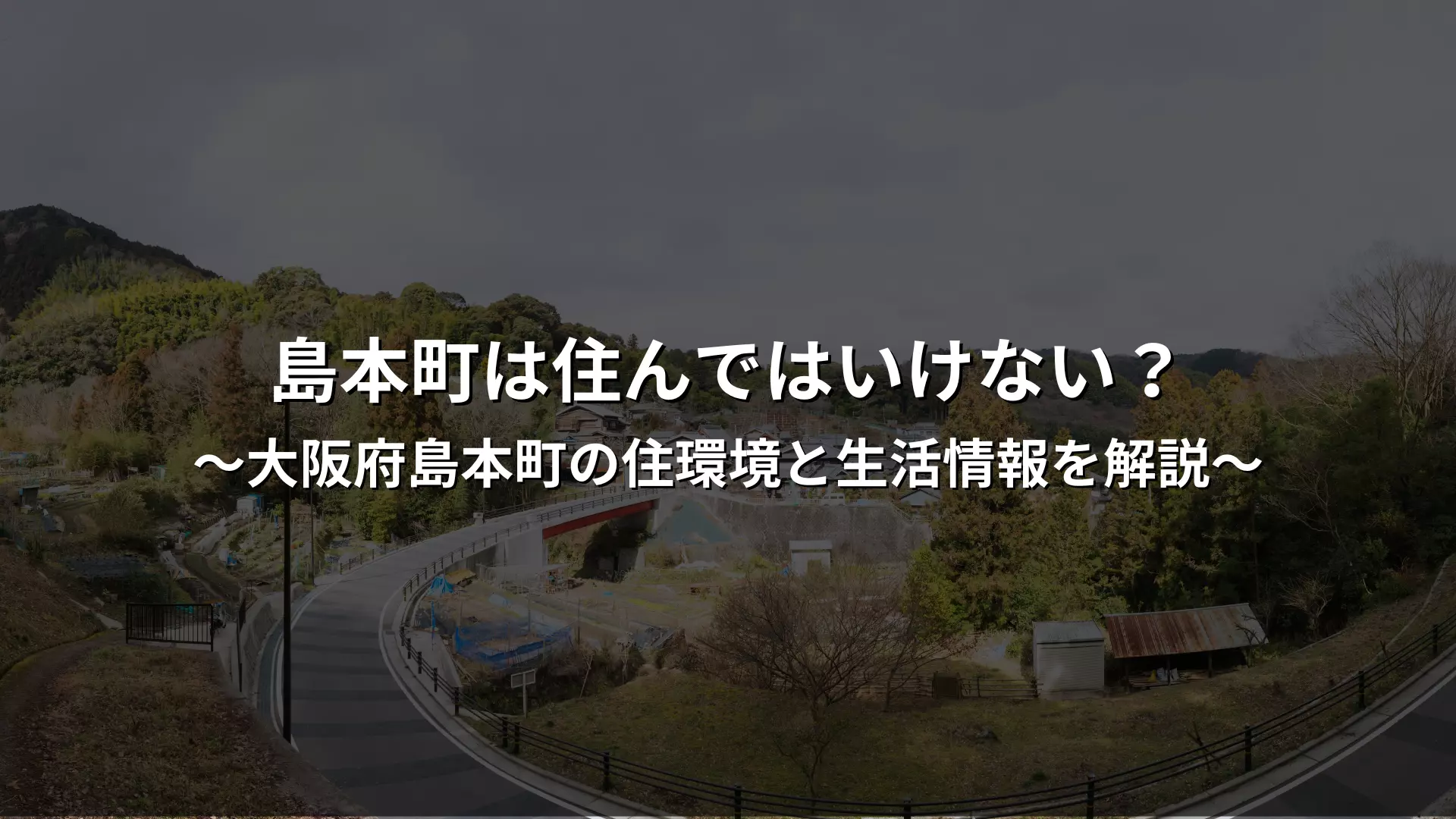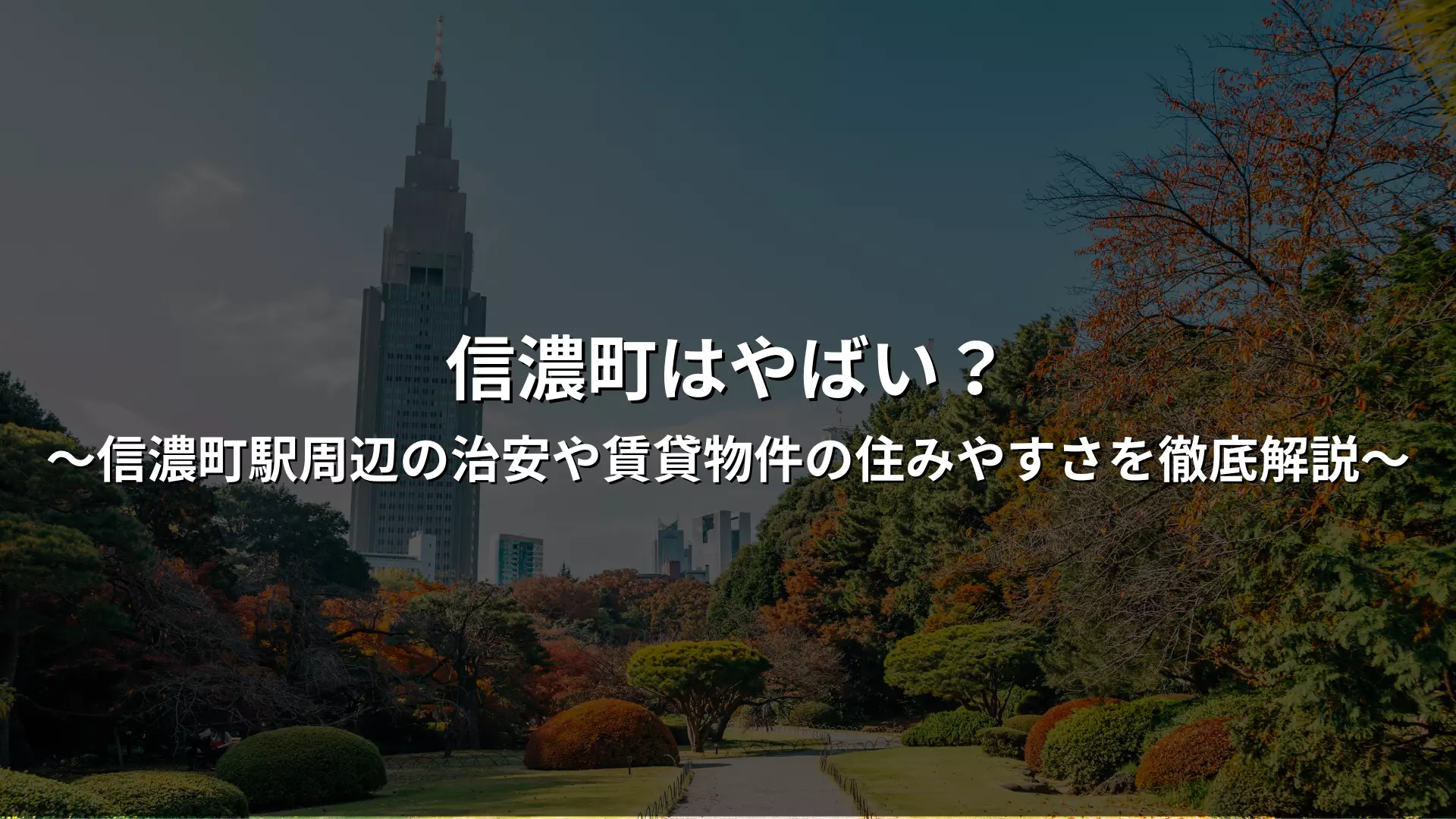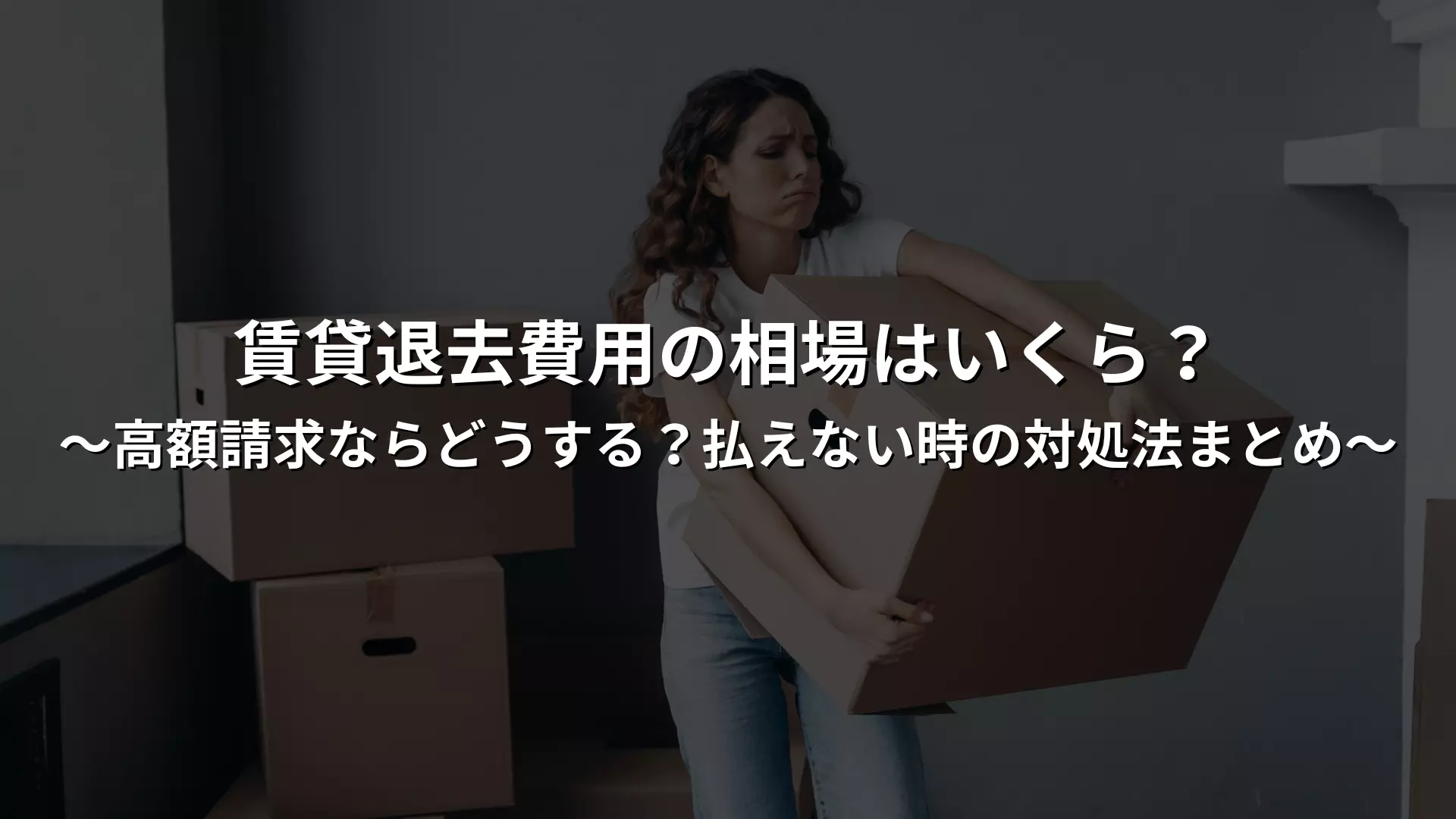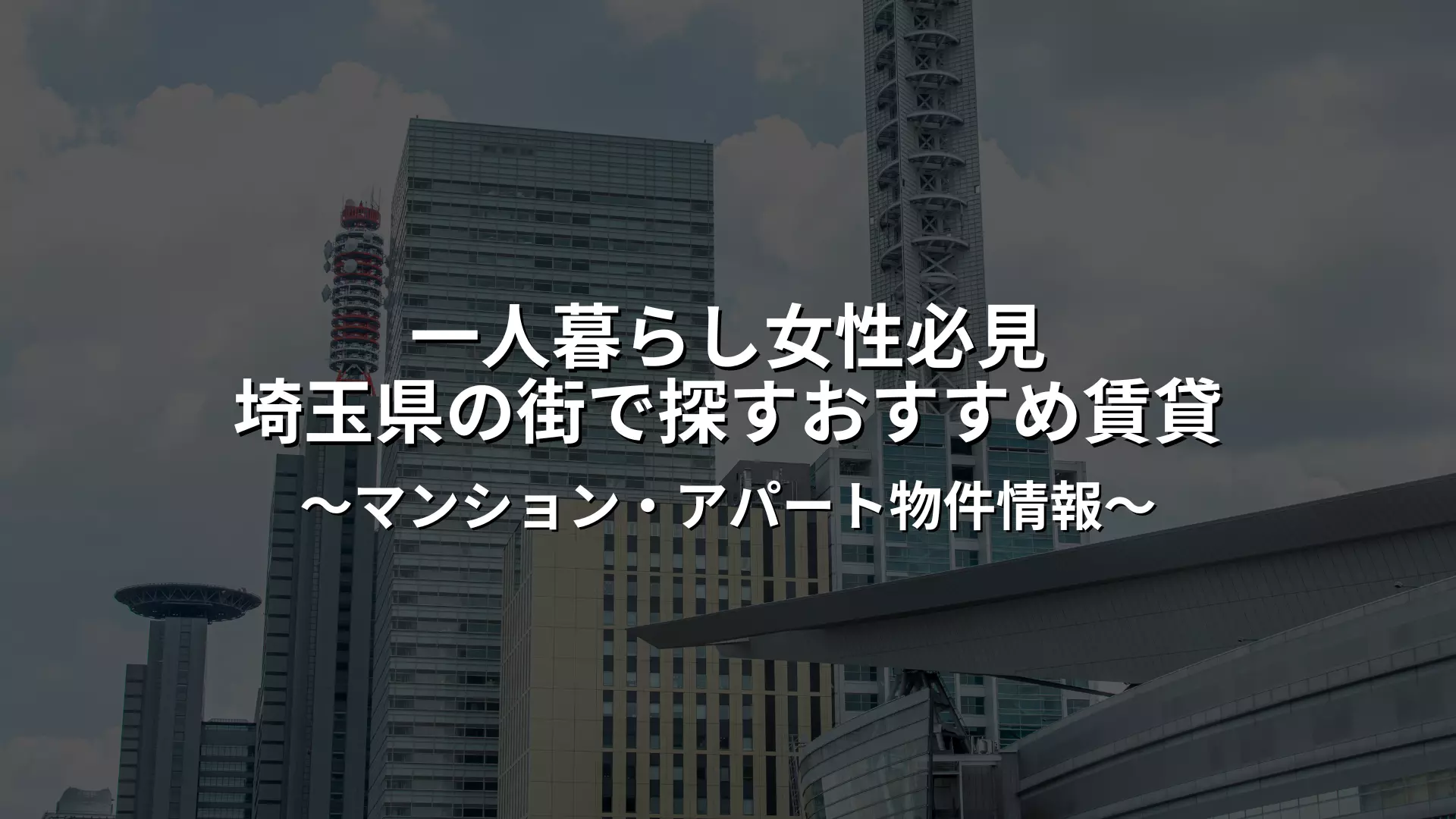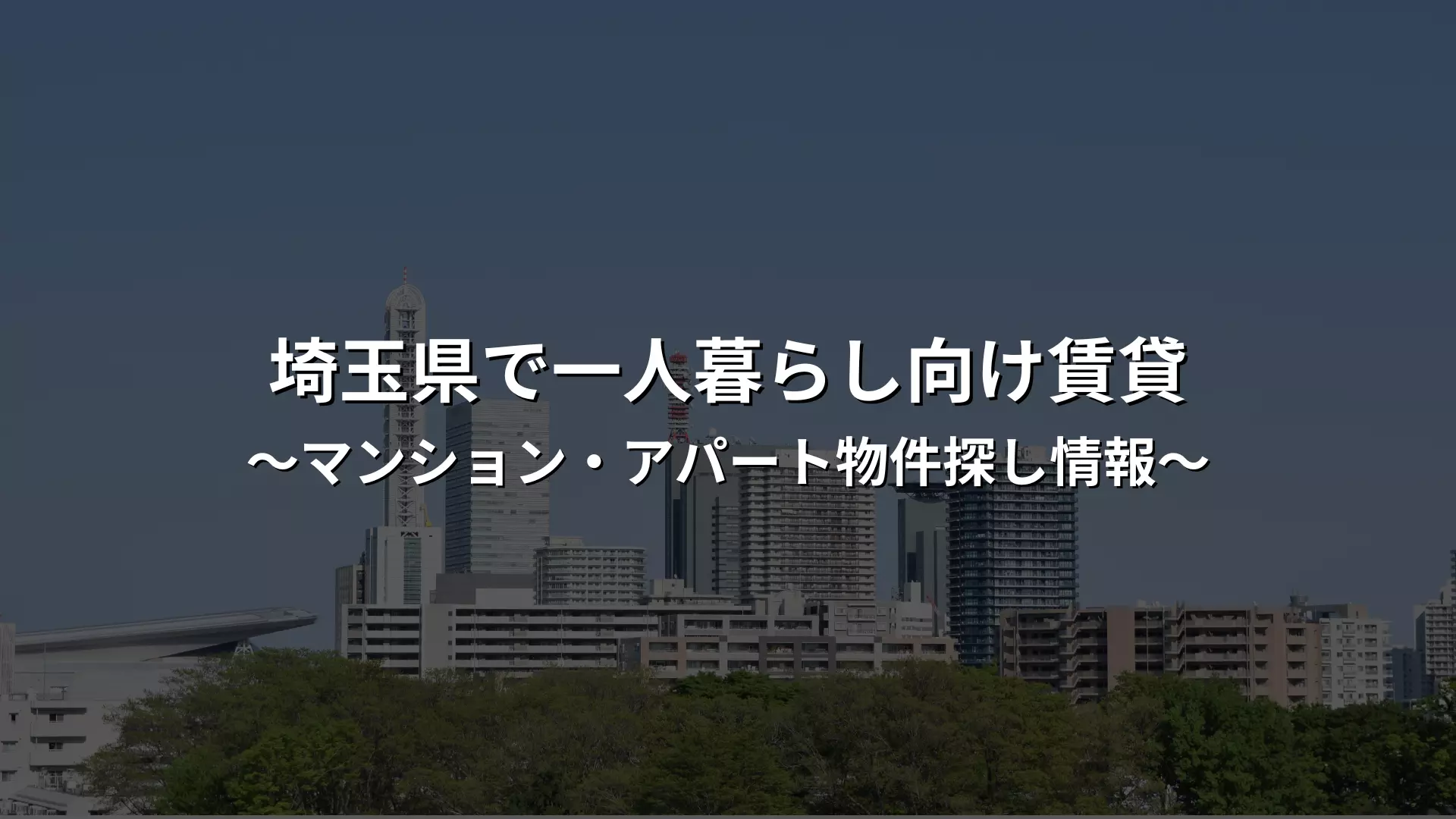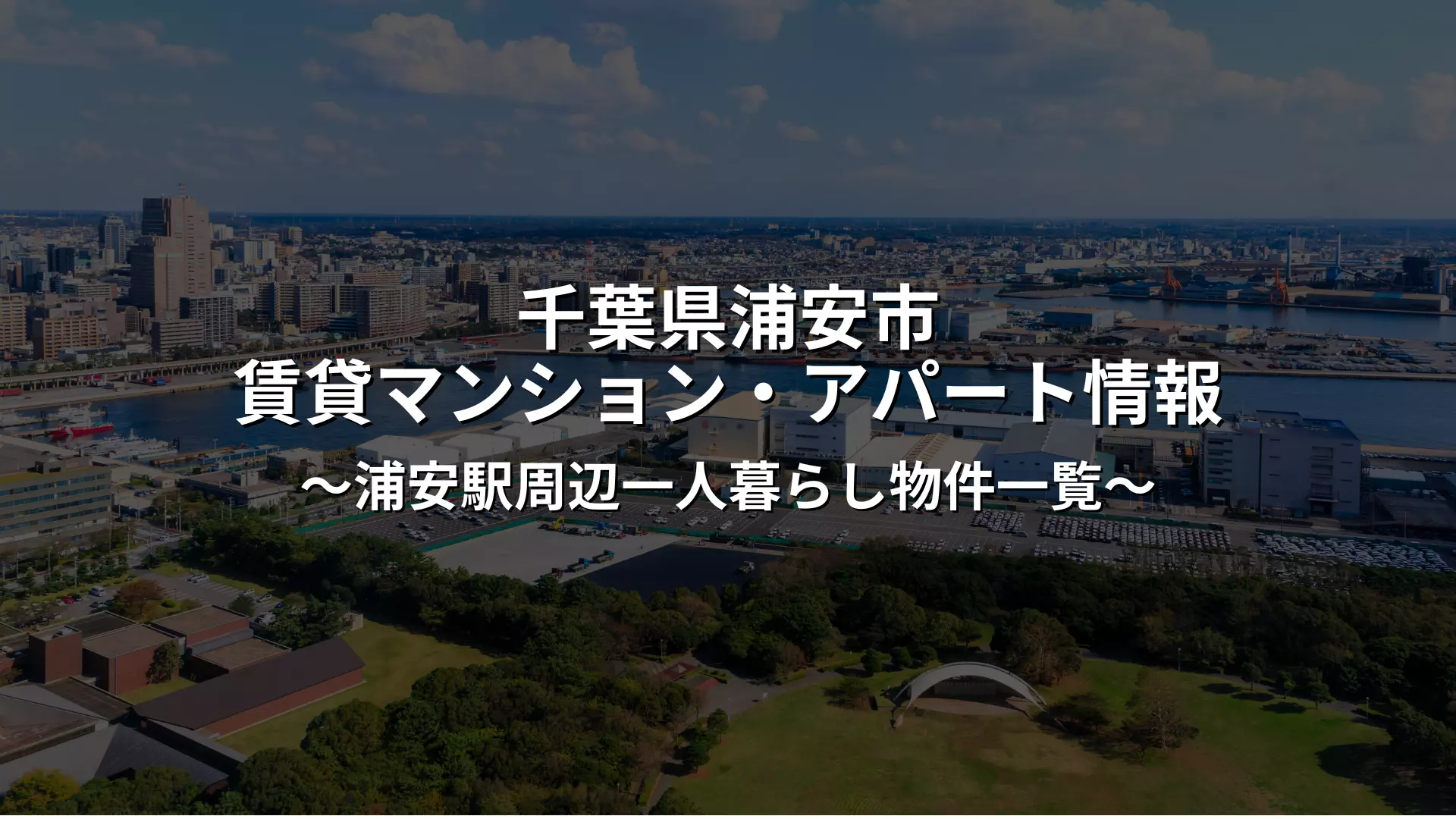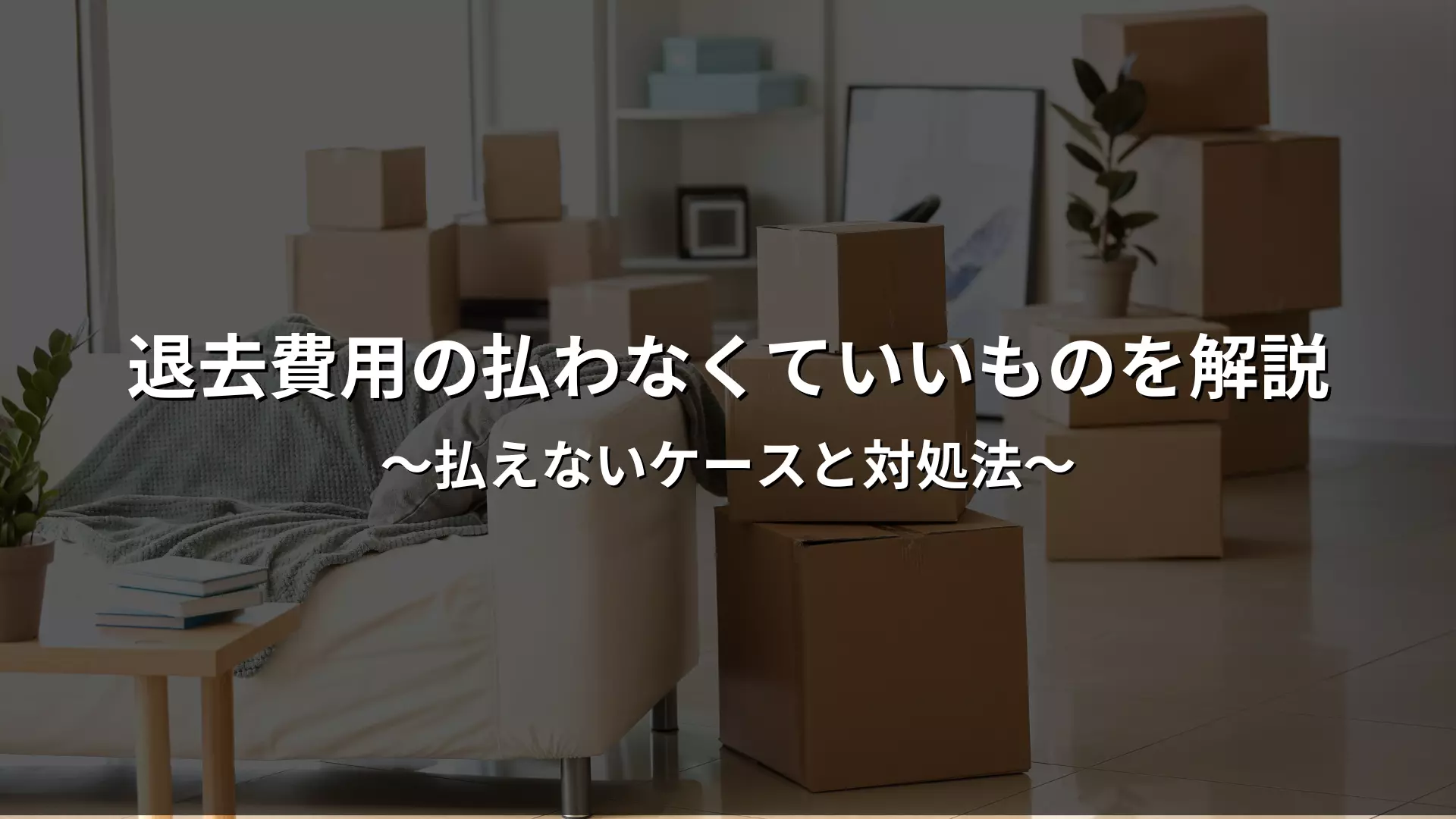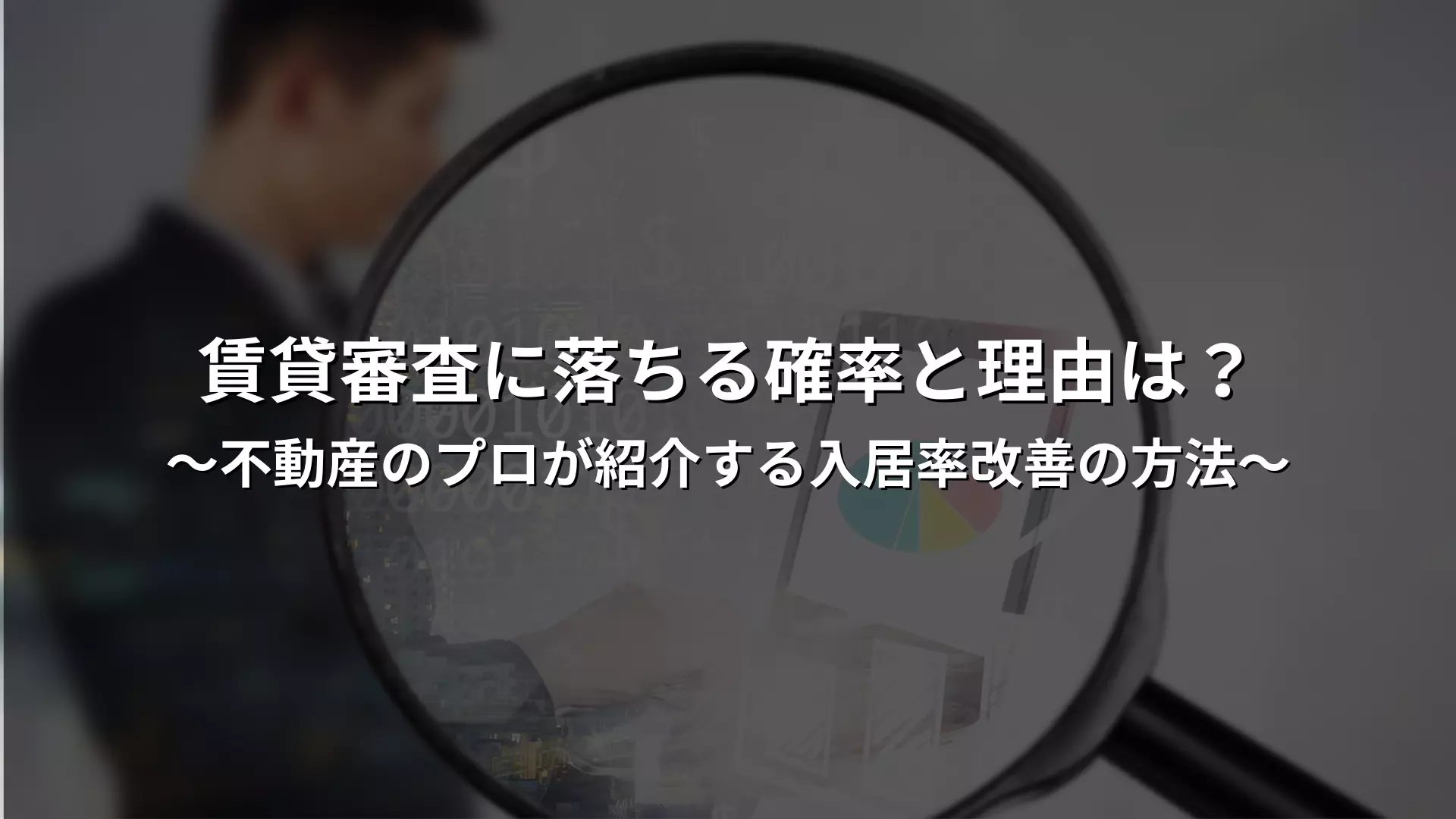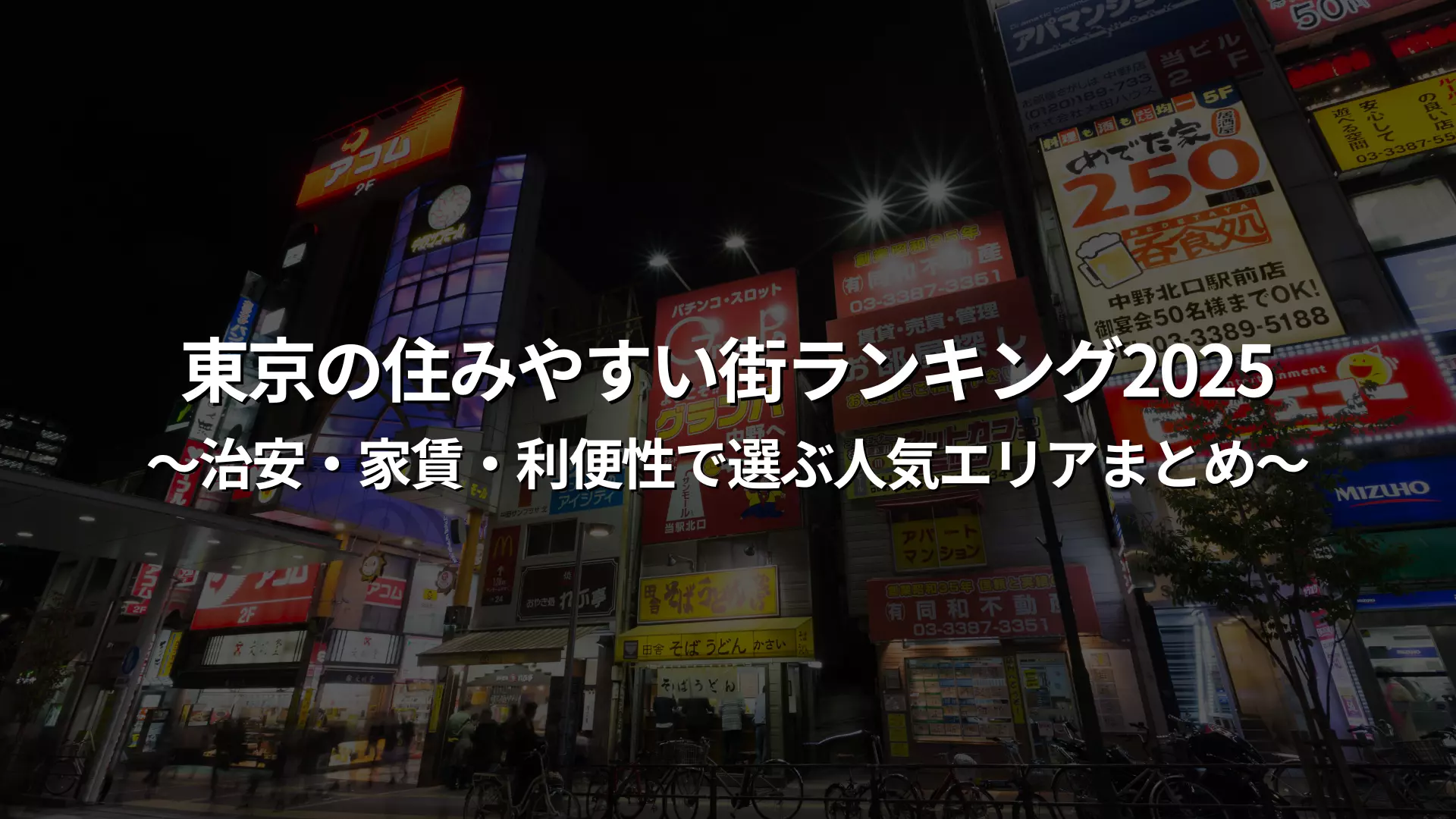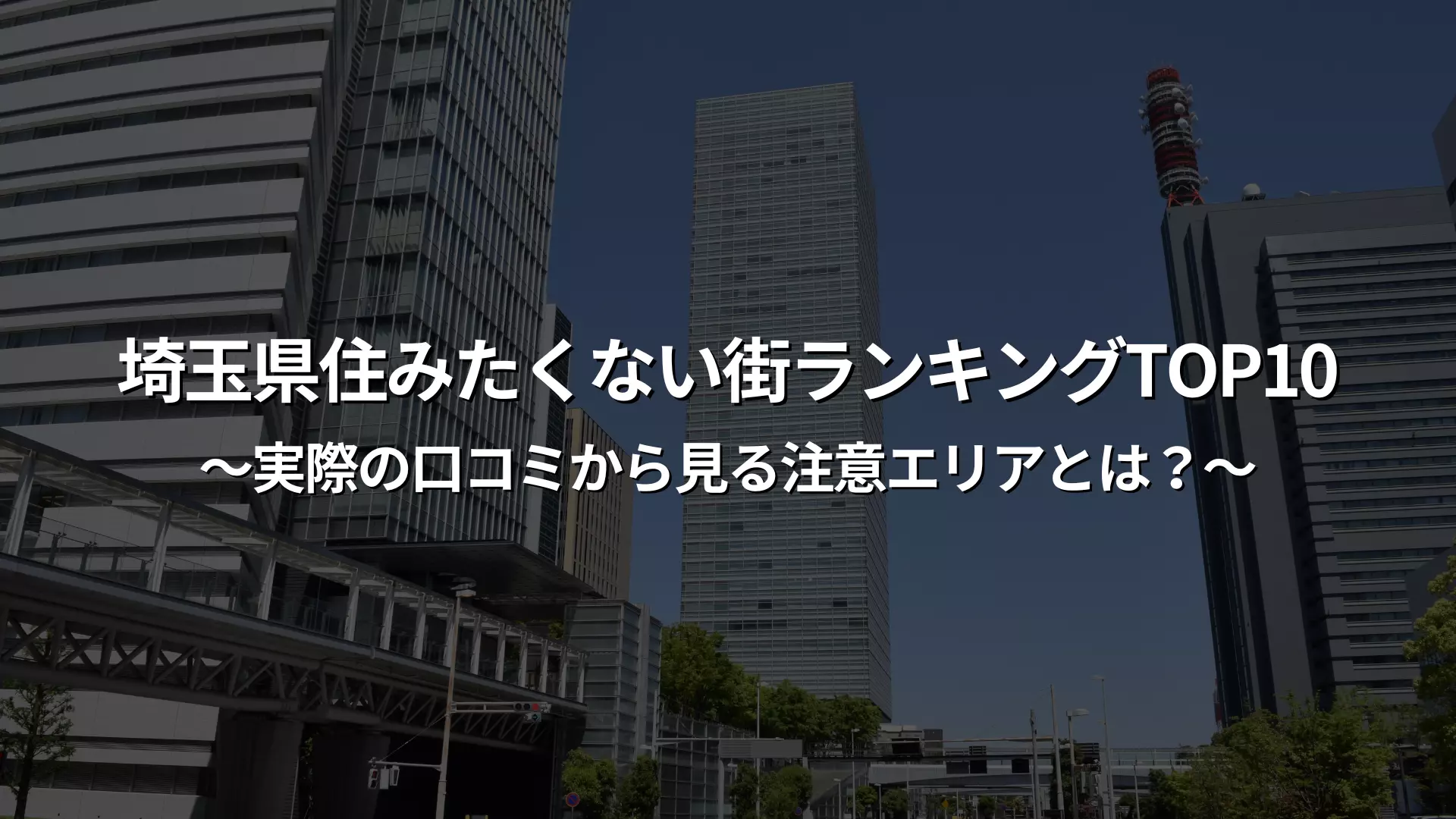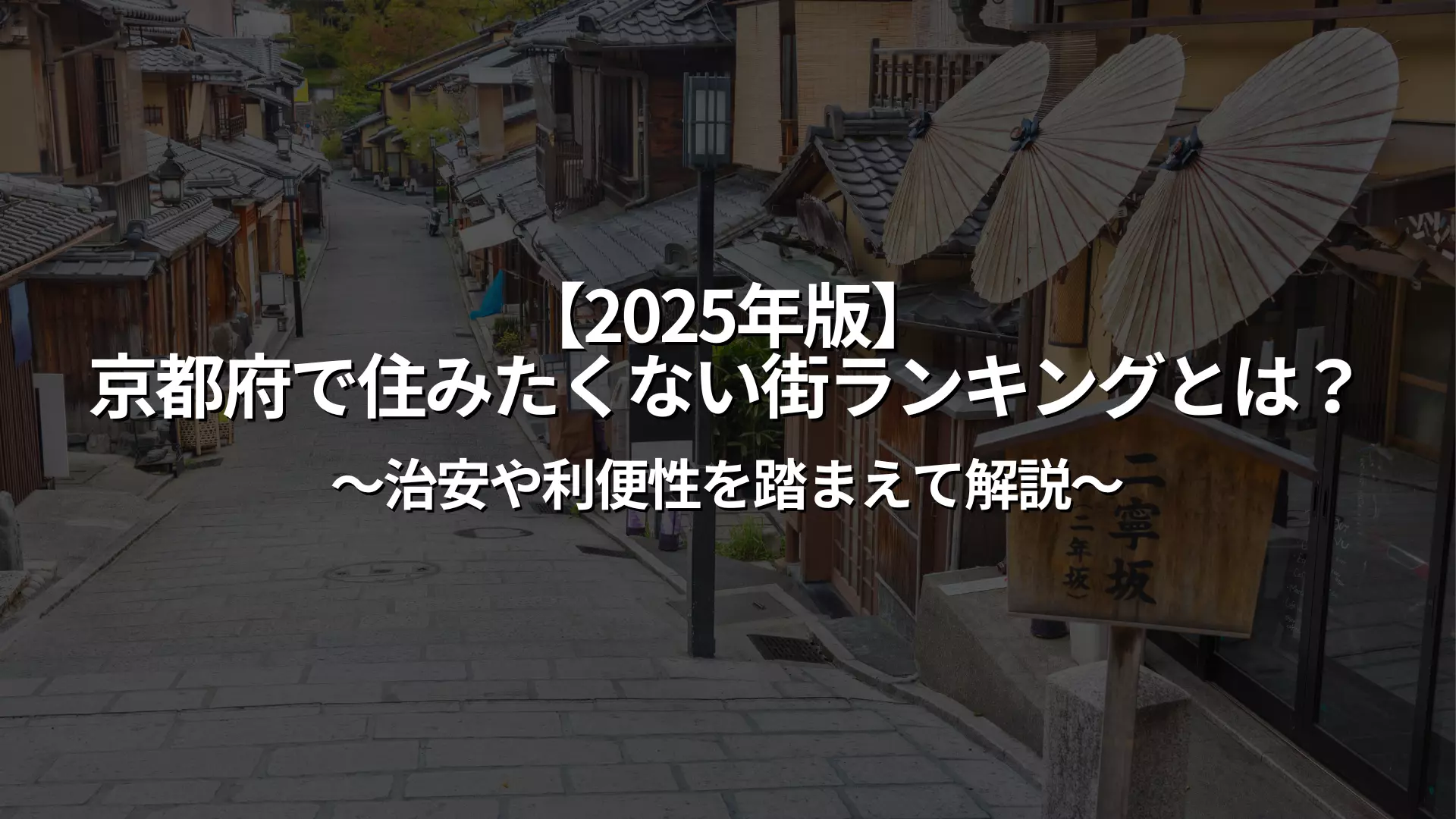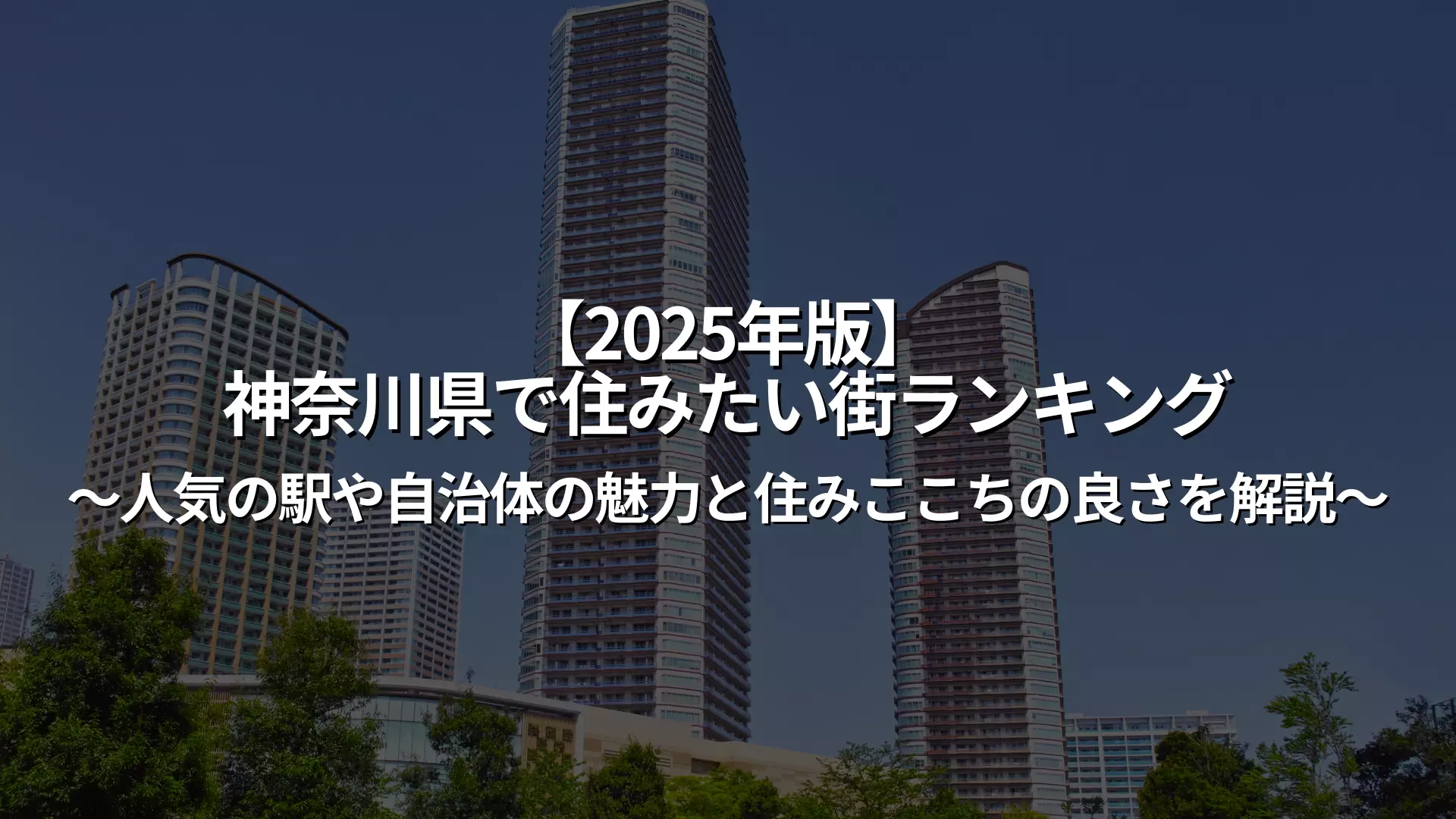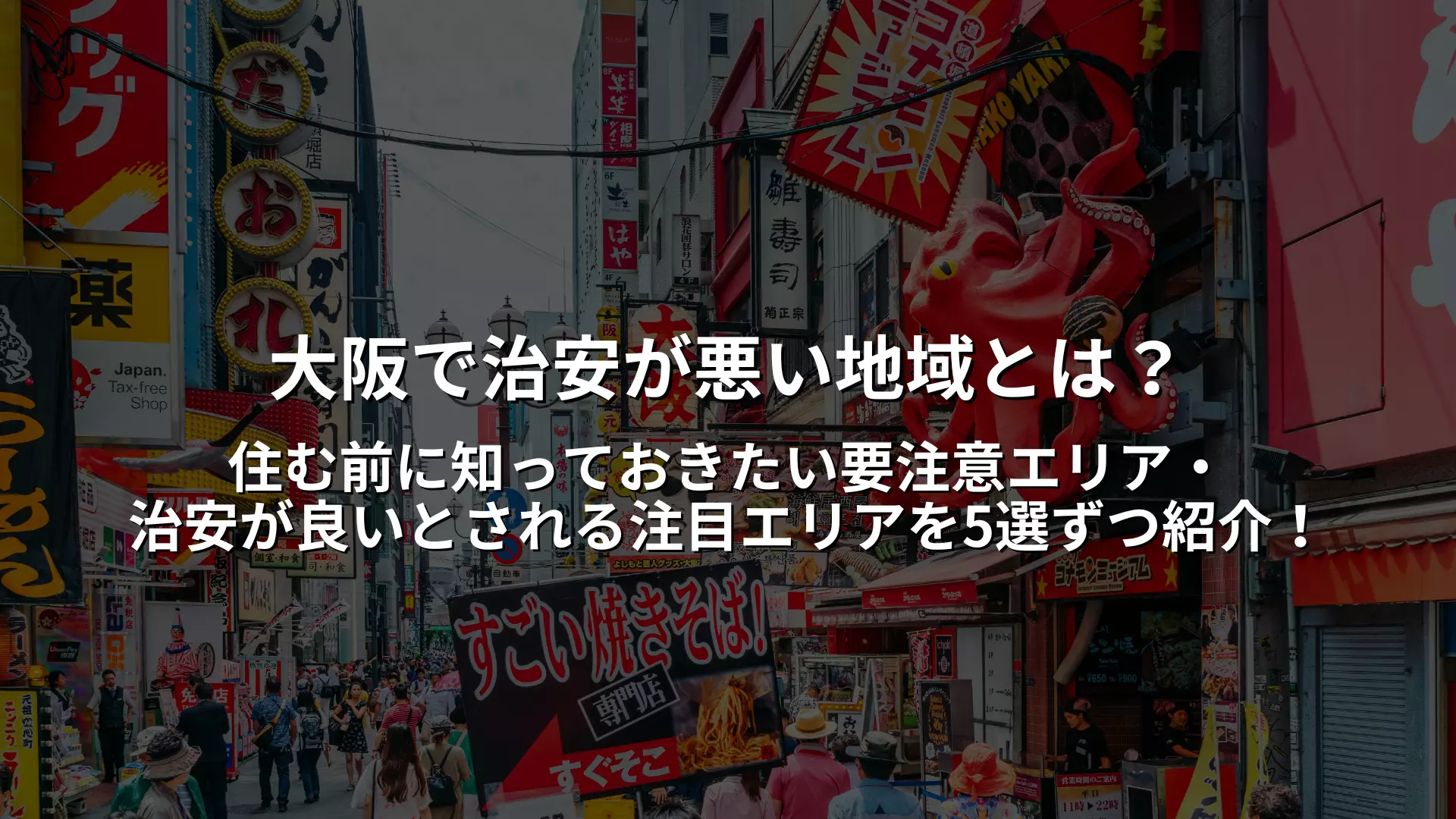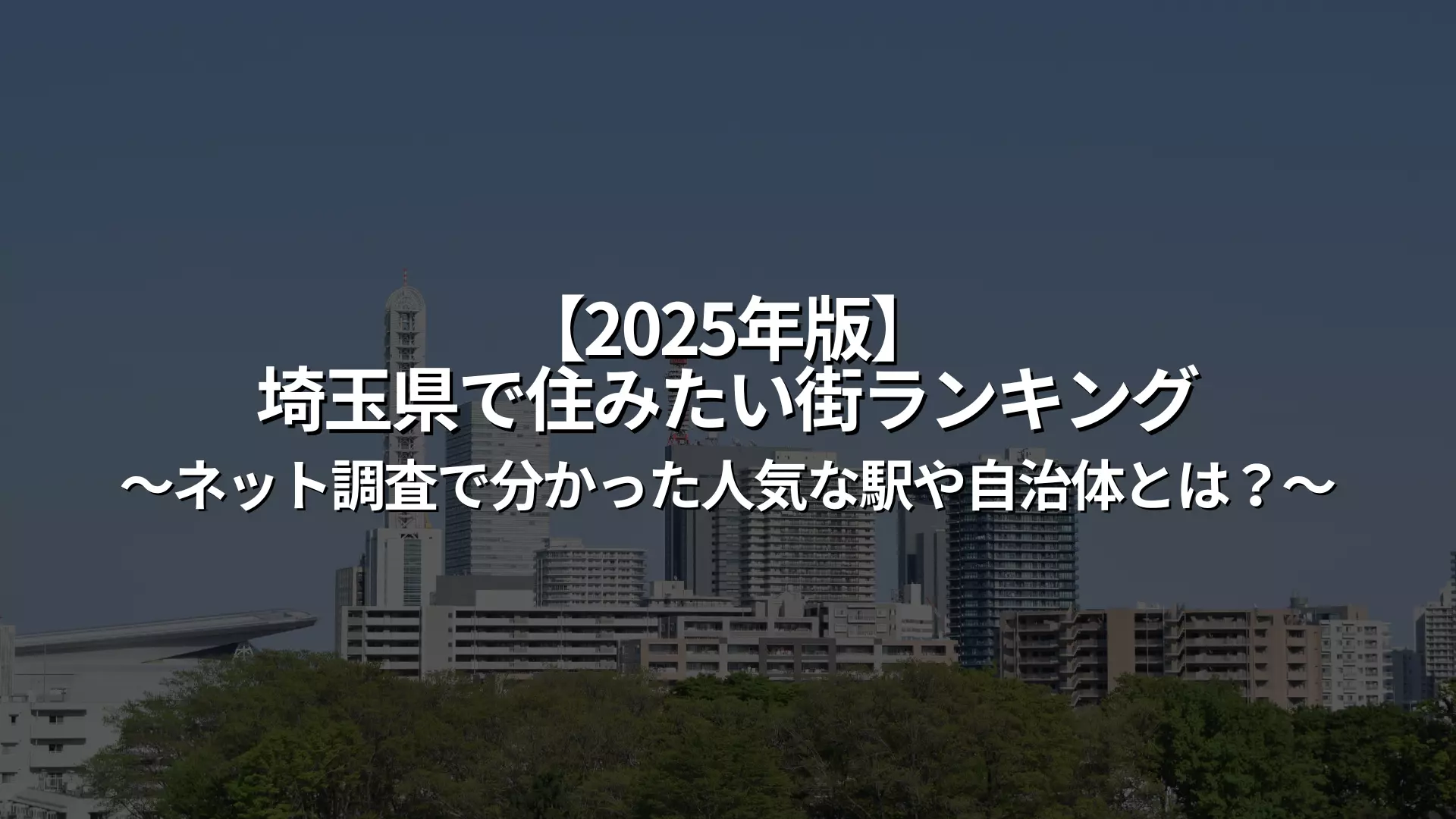What is the standard of living for someone with a monthly take-home pay of 150,000 yen? Check the basic information
A take-home pay of 150,000 yen is the amount you can actually spend after deducting taxes and social insurance premiums from your monthly salary. To live on this income, you need to carefully manage your expenses, such as rent, food, utilities, and communication fees. Although it's difficult to live a luxurious life, it's quite possible to live alone if you're conscious of saving money.
First, figure out what your realistic living standards are with a monthly take-home pay of 150,000 yen, and then find a lifestyle that suits you.
Estimated monthly and annual income for a take-home pay of 150,000 yen and breakdown
The monthly salary (face value) of someone who earns 150,000 yen after tax is roughly 180,000 to 200,000 yen. After deducting income tax, local taxes, health insurance, and employee pension insurance, the final amount left is about 150,000 yen.
Converting this into a yearly take-home pay would be about 1.8 million yen. It goes without saying that you should keep your monthly expenses down, but if you don't have a bonus, it's especially important to save money and prepare for unexpected expenses. Keep this figure in mind as the basis for your life planning.
How much will you have to pay for pension, health insurance, and taxes if your take-home pay is 150,000 yen?
If your take-home pay is 150,000 yen, your monthly deductions (tax and insurance premiums) will be approximately 30,000 to 50,000 yen.
The breakdown is as follows:
- Health insurance: Approximately 8,000 to 15,000 yen
- Employee's pension: Approximately 15,000 to 20,000 yen
- Resident tax and income tax: These often cost around 10,000 yen.
Please note that this varies depending on employment status and region. Understanding the amount deducted from the face value will enable more realistic household management.
How does it compare to the national average salary?
According to a survey by the Ministry of Health, Labor and Welfare, the average annual income in Japan is around 4.5 million yen.
Converted into a monthly salary, it is considered common to have a take-home pay of around 250,000 to 300,000 yen. In comparison, a take-home pay of 150,000 yen is well below average. However, if you live in a rural area and have a certain lifestyle, it can still be quite affordable.
It is important to make a reasonable household budget that suits your area and stage of life.
Can you live alone on a monthly salary of 150,000 yen? Breakdown and guide to living expenses
If you live alone on a monthly salary of 150,000 yen, it is very important to manage your monthly expenses. The key is to keep your necessary living expenses, such as rent, food, utilities, communication costs, daily necessities, and entertainment costs, to a minimum.
A general guideline for expenses is 50,000 yen for rent, 25,000 yen for food, 10,000 yen for utilities, 10,000 yen for communication fees, and 30,000 yen for other expenses. If you can keep the total to about 120,000 to 130,000 yen, you can use the rest for savings and emergency funds. By striving for a simple and minimalist lifestyle, you can easily live comfortably on a take-home pay of 150,000 yen.
How much rent is appropriate? A good rule of thumb is "one-third of your income"
Rent is the largest fixed cost of living, so you need to make a careful decision. Generally, it is considered appropriate to pay "less than one-third of your take-home pay." If your take-home pay is 150,000 yen, the upper limit is roughly 50,000 yen. If possible, choosing a property in the 40,000 yen range will give you more leeway in your life.
If the rent is low, you will have more leeway for other expenses and savings. If you choose an older building or an area a little further away from the station, you may be able to find a place to live comfortably while keeping costs down.
Model case of major living expenses such as food, utilities, and communication costs
Living expenses for a single person will vary depending on the region and lifestyle, but the following breakdown is assumed as a model case.
Breakdown items
- Food expenses: Approximately 25,000 yen per month (mainly self-catering)
- Utility bills: around 10,000 yen (water, electricity, gas)
- Communication costs: Approximately 8,000 to 10,000 yen (smartphone/internet)
In addition to this, you want to have around 30,000 yen a month for daily necessities, medical expenses, and entertainment. By visualizing your spending and reducing waste, you can live a stress-free life even with a take-home pay of 150,000 yen.
Differences in living difficulty by city (Tokyo, regional areas, etc.)
Even with the same take-home pay of 150,000 yen, the difficulty of living there will vary greatly depending on where you live. In urban areas such as Tokyo's 23 wards, the average rent is high and it is difficult to find a property for less than 50,000 yen, so you will need to consider the suburbs or a shared house.
On the other hand, in regional cities and rural areas, there are many properties with rents in the 30,000 to 40,000 yen range, making it easier to keep living expenses down. However, in areas where a car is essential, you should be aware that transportation and maintenance costs will be added. Choosing a living environment that suits your lifestyle and place of work will determine how comfortable your life will be.
Search for a room
Only furnished properties with appliances are listed!
Tips for living frugally | How to live comfortably
If you live alone on a monthly salary of 150,000 yen, the key is to find ways to save money without straining yourself. In particular, the key is to keep fixed expenses down. By reviewing your monthly expenses, such as rent, communication fees, utility bills, and food, you can expect to see significant savings.
In addition, simply making improvements to your daily habits, such as shopping and eating, can lead to savings of tens of thousands of yen per year. The key to long-term savings is to enjoy life "without forcing yourself or making any sacrifices" by making small improvements, rather than forcing yourself to endure.

Tips for finding a property to keep rent low
Choosing the right property is very important to keep rent low.
Instead of focusing on a property that is close to the station or is relatively new, you can get a much lower rent by being open to conditions such as an older building, a little far from the station, or a property on the first floor facing north. Also, be sure to check out UR rental properties, public housing, and properties with rent subsidies.
On the search site, you may be able to find a property with good value for money by narrowing down your search criteria, such as "maximum rent" or "no separate bathroom or toilet required." Setting flexible search conditions is the first step to saving money.
Specific measures to reduce fixed costs (reviewing low-cost SIM cards, electricity and gas, etc.)
Reviewing fixed costs can have a significant and sustainable effect on savings. First, communication costs can be reduced to less than 3,000 yen per month by switching to a low-cost SIM. Secondly, liberalization of electricity and gas services has made it easier to switch providers, and it is now easier to find the best plan by using a price comparison site.
You can cut down on insurance and subscriptions by several thousand yen per month just by reviewing what you don't need. By reducing these fixed costs and keeping them low, you can create more leeway in your life.
How to reduce food costs by cooking and shopping at home
To save on food costs, it is essential to get into the habit of cooking at home. If you avoid convenience stores and eating out, and use bulk purchases and freezing, it is realistic to manage within 2 to 25,000 yen per month.
Don't miss out on taking advantage of special sales and wholesale supermarkets, as well as points rewards for cashless payments.
Planning your meals for the week can also help you avoid unnecessary purchases, saving you both time and money. Cooking at home is also a smart choice for improving your overall quality of life, as it also has health benefits.
Is it possible to save money? Savings simulation with a take-home pay of 150,000 yen
It may seem like it's impossible to save money with a monthly take-home pay of 150,000 yen, but it's actually quite possible to save money if you make some adjustments to your lifestyle.
For example, if you keep your monthly rent to under 50,000 yen, and minimize your living expenses by cooking at home and using a cheap SIM card, you can save about 10,000 to 20,000 yen per month. It is possible to save about 120,000 to 240,000 yen in a year.
The important thing is to set aside some money each month to save. By getting into the habit of living on an amount that excludes savings from the start, you can continue to save money without straining yourself.
Life planning techniques to save money without strain
In order to continue saving money, it is essential to have a reasonable lifestyle. First, understand your monthly income and expenditures and start taking measures to reduce your fixed expenses.
By reviewing rent, communication fees, insurance fees, etc., you can save several thousand yen to more than 10,000 yen. It is also effective to set your own rules, such as "food expenses 20,000 yen per month" and "entertainment expenses up to 5,000 yen per month," and thoroughly manage your budget. We also recommend using a household accounting app that can visualize your spending.
The key to success is creating a system that allows you to continue saving without stress.
Search for a room
Only furnished properties with appliances are listed!
Experience of living alone on a monthly salary of 150,000 yen | Introducing real voices
The voices of people who actually live alone on a monthly take-home pay of 150,000 yen are very helpful for those who are just starting out.
Here we introduce the real experiences of people in their 20s living in both urban and rural areas. Discover tips for living comfortably from examples based on real life, such as how to manage living expenses, how to devise rent, and tips for saving money. Even if you are worried about whether you can really manage it, hearing real voices should provide some reassurance.
The case of a person in their 20s living in Tokyo
- Mr. A, a man in his 20s who lives alone in one of Tokyo's 23 wards
He says that living on a monthly salary of 150,000 yen is "hardly enough." His rent is about 55,000 yen for an old one-room apartment, and he spends about 25,000 yen a month on food, mostly cooking at home. He switched to a low-cost SIM card to keep his communication costs to under 10,000 yen. He saves money on entertainment on weekends by using free spots and drinking at home with friends. He can only save 5,000 yen a month, but says, "If I get creative, it's not impossible to live on."
In urban areas, keeping fixed costs down seems to be the key.
The case of people in their 20s living in rural areas
- Mr. B, a man in his 20s who lives in the regional city of Fukuoka
"I'm not struggling that much with my living expenses," he said. His rent is about 38,000 yen in an area a little far from the station, and even with utilities and communication costs, it comes to less than 15,000 yen a month. He doesn't own a car, and gets around by bicycle and bus. He saves on food expenses by buying in bulk and at wholesale supermarkets, so his monthly expenses are around 20,000 yen. He saves more than 10,000 yen a month, and is able to live a life where he can deal with unexpected expenses.
This is a case that highlights the excellent value for money that can only be achieved in rural areas.
How can you live comfortably on a monthly salary of 150,000 yen?
Even with a monthly salary of 150,000 yen, it is possible to live comfortably on your own if you are creative. The important thing is to establish a lifestyle that you can be satisfied with without spending a lot of money.
By making saving a habit and cherishing time for hobbies and relaxation, you can feel richer than the amount of money you spend. It is also important to take steps to increase your income without straining yourself. Small daily choices and ingenuity will greatly affect your level of satisfaction in life. Finding the "just right lifestyle" that suits you is the key to a long-lasting, comfortable life.
Tips and tricks for living
Here are three tips to help you live a low-take-home life without sacrificing your quality of life.
- "Keep fixed costs down"
- "Don't carry too much"
- Reassessing the standard of satisfaction
Being conscious of living a simple life and being surrounded by the things, time, and people you truly need will give you peace of mind. It is also important to be flexible and not strive for perfection, but to "do what you can" and "rely on others when necessary." In order to live peacefully and in your own way, even on a low income, a positive mindset is more important than money-saving techniques.
Ways to increase income (side jobs, changing jobs, obtaining qualifications)
In order to achieve a comfortable life with limited income, in addition to reviewing your expenses, "increasing your income" is also an important option. Just earning 10,000 to 20,000 yen a month from a side job can make a big difference in your household finances. There are also an increasing number of side jobs that can be done in your spare time, such as web writing and flea market apps.
In addition, it is also effective to aim to change jobs in the future by obtaining qualifications and improving your skills. By expanding your sources of income, even if only little by little, you will have more options in life and will also have more peace of mind.
Search for a room
Only furnished properties with appliances are listed!
summary
Even if your take-home pay is only 150,000 yen, it is perfectly possible to live alone if you plan your life around keeping rent and fixed expenses low and practice reasonable saving techniques. Although the cost of living differs between urban and rural areas, choosing a home that suits your lifestyle will determine your comfort.
In addition, by cooking at home, using low-cost SIM cards, and saving in advance, it is realistic to save more than 10,000 yen per month.
While considering efforts to increase your income little by little, aim to live a life that achieves "wealth within your means."

